The curious tale of how estate agents came to run the British property market
From gentlemen farmers to auctioneers of Nazi wine, Roderick Easdale traces the birth of British estate agents.
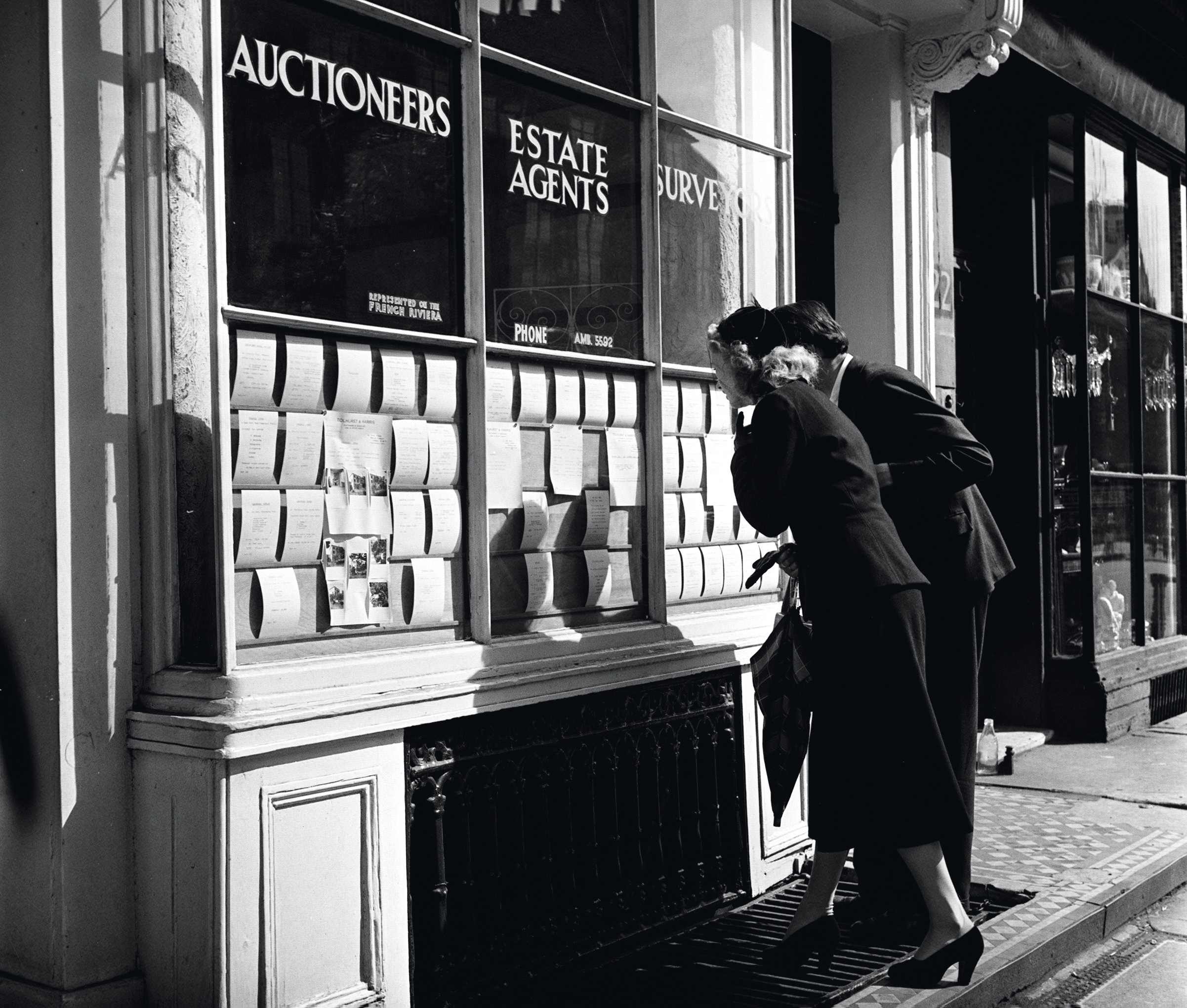

Once upon a time, there were no estate agents. As there were also no mobile phones or charity shops, goodness knows what the high streets had to fill them – butchers, bakers and candlestick makers, presumably.
Or, at least, there were no estate agents as we now know them, in the sense of firms whose principal business is the selling of houses and flats. Even the professional middle class tended to rent, rather than own, their homes. Those who did possess houses had quite likely inherited them.
For the earliest estate agents, selling houses was an offshoot from their core business, which was often surveying and auctioneering. Herbert Jackson-Stops (b.1884) held weekly livestock auctions in Towester, Northamptonshire. Alfred Savill (b.1829) was a surveyor and auctioneer and Knight Frank & Rutley (est.1896), as it then was, a valuations, surveying and auctions business.
Britain’s population trebled during the 19th century, bringing with it a huge expansion in housing and the burgeoning building societies offered more people a route to home ownership. Many of our best-known estate agencies were formed in this period. Even so, only about a fifth of homes were owner-occupied by the outbreak of the First World War. Renting from the landed class was still the norm.
The Strutt family was of this class. Profits from its watermills in Essex had been used to buy land, much of it let to tenant farmers. The agricultural depression of the 1880s sent many of the tenants out of business. John Strutt, 3rd Baron Rayleigh, head of the family, was a physicist, but one of his brothers, Edward Strutt, was a keen farmer, so, in partnership, they farmed this vacated land under the name of Lord Rayleigh’s Farms.
As Strutt was a pioneering farmer, other landowners, seeing his success, asked him to manage their land as well. During the First World War, he was appointed chief agricultural advisor to the Government, responsible for helping to increase food production and, in 1917, was made a Companion of Honour.
In 1885, Strutt invited Charles Parker, the son of a neighbouring family, to set up a business with him, under the name Strutt & Parker.
Sign up for the Country Life Newsletter
Exquisite houses, the beauty of Nature, and how to get the most from your life, straight to your inbox.
Alfred Savill founded Savill & Son in 1855 and, after his death in 1905, his sons carried on the firm. Within weeks of war breaking out in 1914, Edwin Savill was appointed by the War Office to assess compensation to landowners for loss and damage to their land. Alfred’s grandson Sir Eric Savill, a chartered surveyor, managed Windsor Great Park and created The Savill Garden.
Estate agents have traditionally been family businesses, as the story of Winkworth exemplifies. Founded by Henry Winkworth in 1835, it remained in the family until 1974, when Simon Agace bought and ran the business.
‘About a fifth of Winkworth offices have a family element in their franchise teams,’ says Mr Agace. ‘These include husband-and-wife teams, parent-and-son/daughter ones and teams of siblings.’
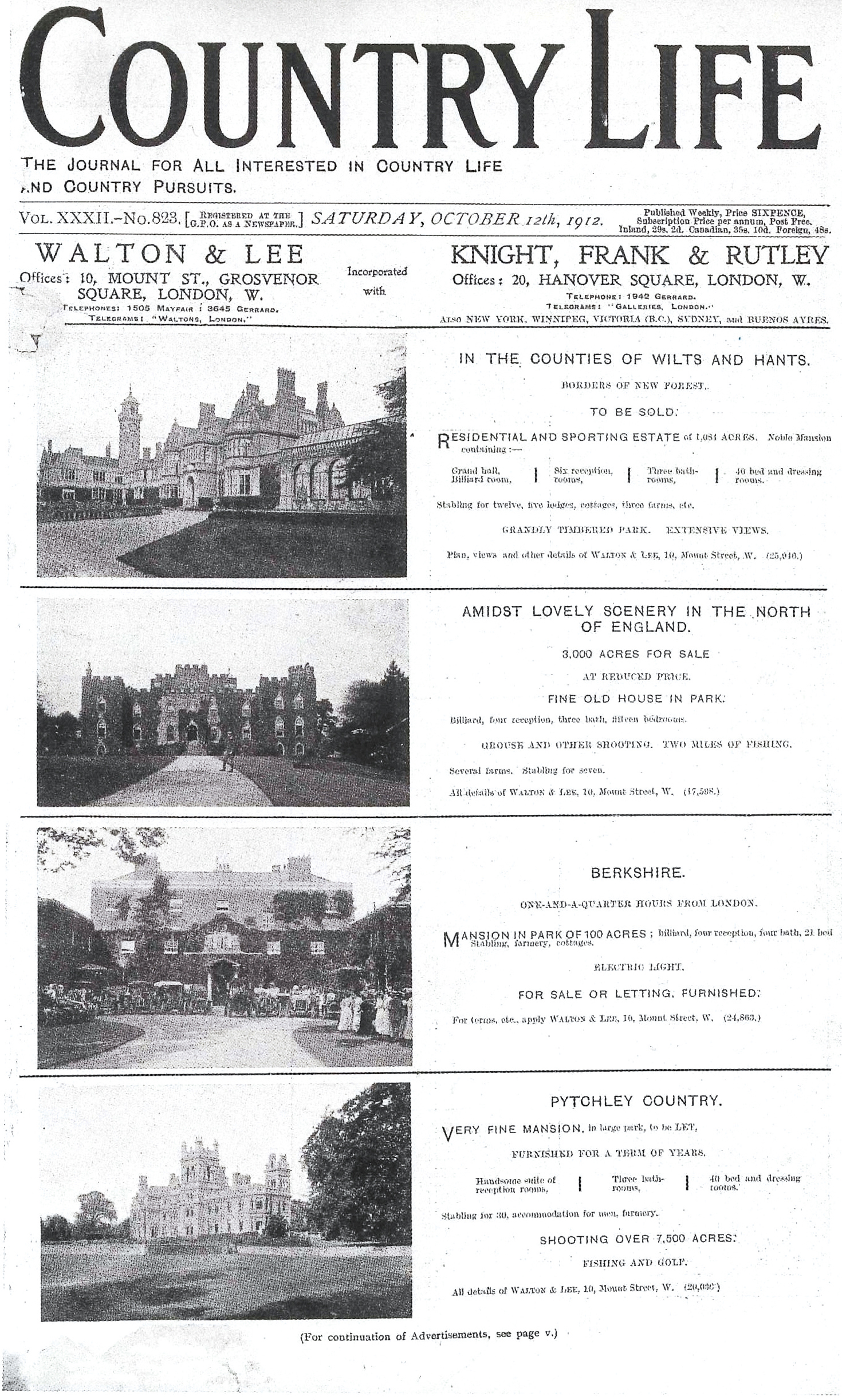
One way that a firm gets business is through connections and so it was that Jackson-Stops helped to establish its reputation. Herbert Jackson-Stops had moved his business to Northampton in 1918 and had become friends with the Master of Kinloss, who lived at Stowe House. When Stowe was sold in 1921, Jackson-Stops was asked to conduct the 19-day sale of the house and contents.
He did so with mixed emotions, writing in the introduction to the sale catalogue: ‘It is with a feeling of profound regret that the Auctioneer pens the opening lines of a sale catalogue which may destroy forever the glories of historic Stowe, and disperse to the winds of Heaven its wonderful collection, leaving memories of the spacious past.’
Another sale that may have stirred mixed reactions in those entrusted with it was Knight Frank’s sale of the contents of the German Embassy in London in 1945. Some of the items had already been given to the Imperial War Museum and other institutions; the Foreign Office had considered using the furniture in its own buildings, before deciding that most of it was ‘too Germanic’ and had also investigated whether it could reuse the silver by removing the swastikas and substituting crowns in their place.
The lots included 924 bottles of wine, a dog basket and 20 Nazi flags. The first day of the auction raised £19,800. The embassy’s carpets fetched £7,000 and a granite bust of Hitler, for which the first bid was ‘two bob’, went for £500.
Founded in 1896, a year before Country Life, Knight Frank soon realised the possibilities of the new publication for its business standing – its letterheads even stated that it advertised in Country Life.
The firm coveted the first advertising page in the magazine, but the contract was held by Walton & Lee, the only estate agents to have advertised in the first issue. The answer for Knight Frank was simple: in 1912 they bought Walton & Lee for £4,000 ‘solely to secure the prime front-page position in Country Life’, as the company’s official history admits.
The how, when, where of Britain’s estate agents
- 1835 Henry Winkworth starts his estate agency
- 1855 Alfred Savill opens the first office of Alfred Savill & Son
- 1885 Edward Strutt & Charles Parker enter into partnership
- 1896 John Knight, Howard Frank & William Rutley go into business
- 1897 Country Life is launched
- 1909 William Rutley dies of a heart attack
- 1910 Herbert Jackson-Stops founds his company in Towcester
- 1912 Walton & Lee is bought by Howard Frank
- 1914 Howard Frank is knighted
- 1917 Edward Strutt is made a Companion of Honour
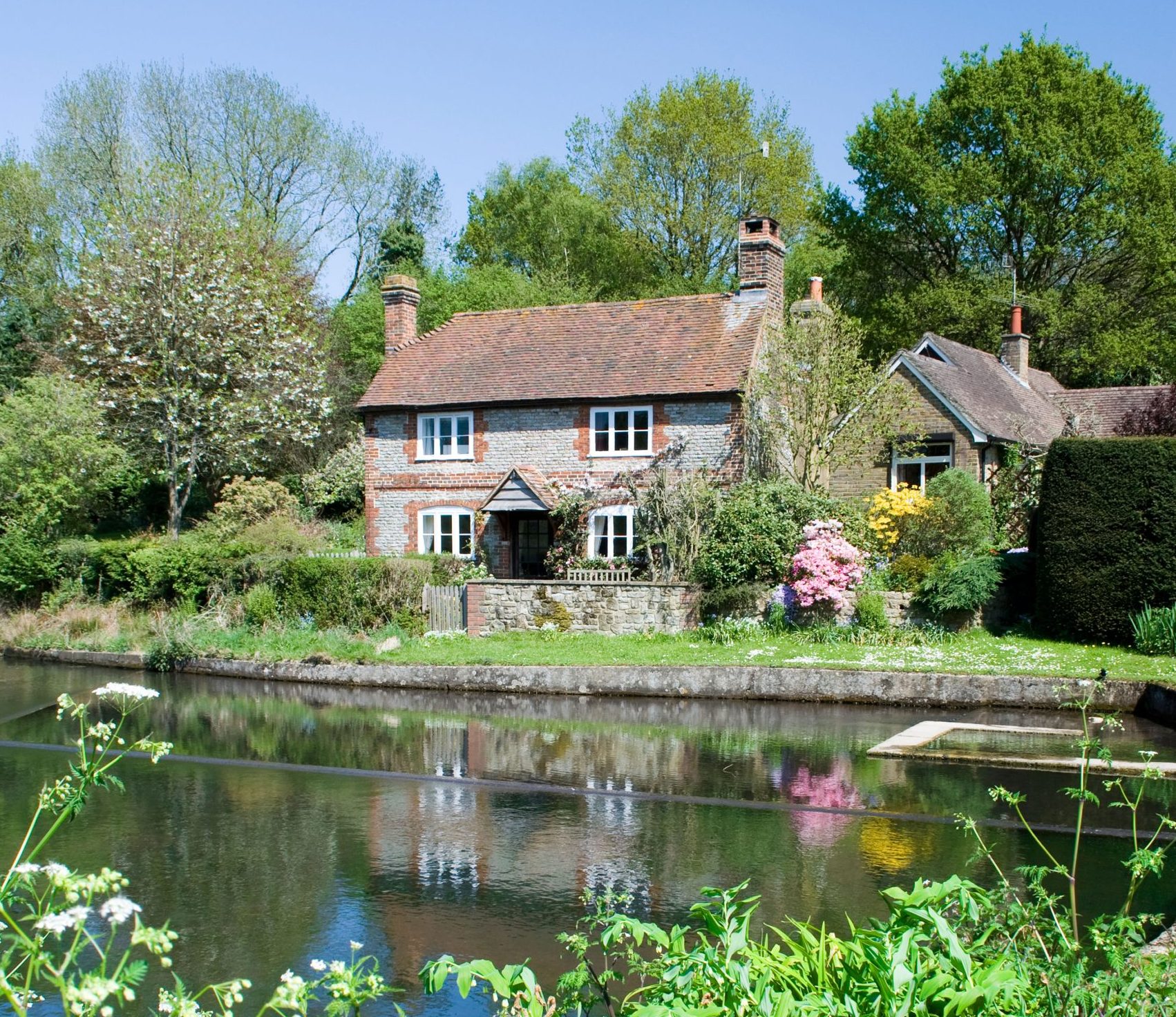
Credit: Alamy
Seven golden rules for selling a country house
With coronavirus now seemingly past its peak in Britain, we're tentatively beginning to look ahead to how life will get

Credit: Smart flat / apartment (Alamy)
How to dress a property to rent quickly, and at the best possible price
A bit of time and effort spent presenting your rental property can pay huge dividends, as Molly Biddell explains.
Roderick Easdale is a regular contributor to Country Life on topics including sport and property. He also compiles the magazine's crossword, every other week.
-
 Ford Focus ST: So long, and thanks for all the fun
Ford Focus ST: So long, and thanks for all the funFrom November, the Ford Focus will be no more. We say goodbye to the ultimate boy racer.
By Matthew MacConnell Published
-
 ‘If Portmeirion began life as an oddity, it has evolved into something of a phenomenon’: Celebrating a century of Britain’s most eccentric village
‘If Portmeirion began life as an oddity, it has evolved into something of a phenomenon’: Celebrating a century of Britain’s most eccentric villageA romantic experiment surrounded by the natural majesty of North Wales, Portmeirion began life as an oddity, but has evolved into an architectural phenomenon kept alive by dedication.
By Ben Lerwill Published
-
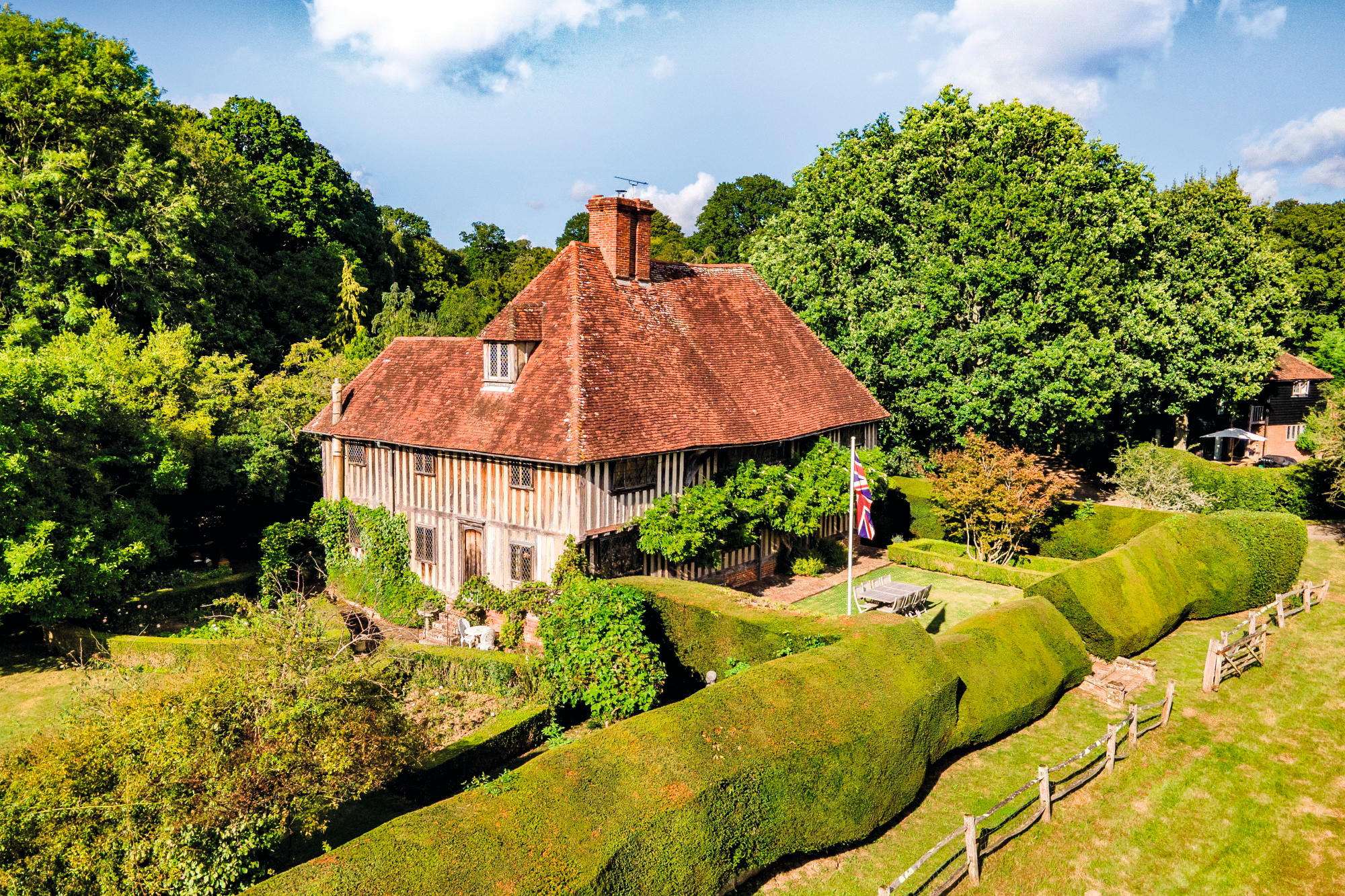 A mini estate in Kent that's so lovely it once featured in Simon Schama's 'History of Britain'
A mini estate in Kent that's so lovely it once featured in Simon Schama's 'History of Britain'The Paper Mill estate is a picture-postcard in the Garden of England.
By Penny Churchill Published
-
 Hidden excellence in a £7.5 million north London home
Hidden excellence in a £7.5 million north London homeBehind the traditional façades of Provost Road, you will find something very special.
By James Fisher Published
-
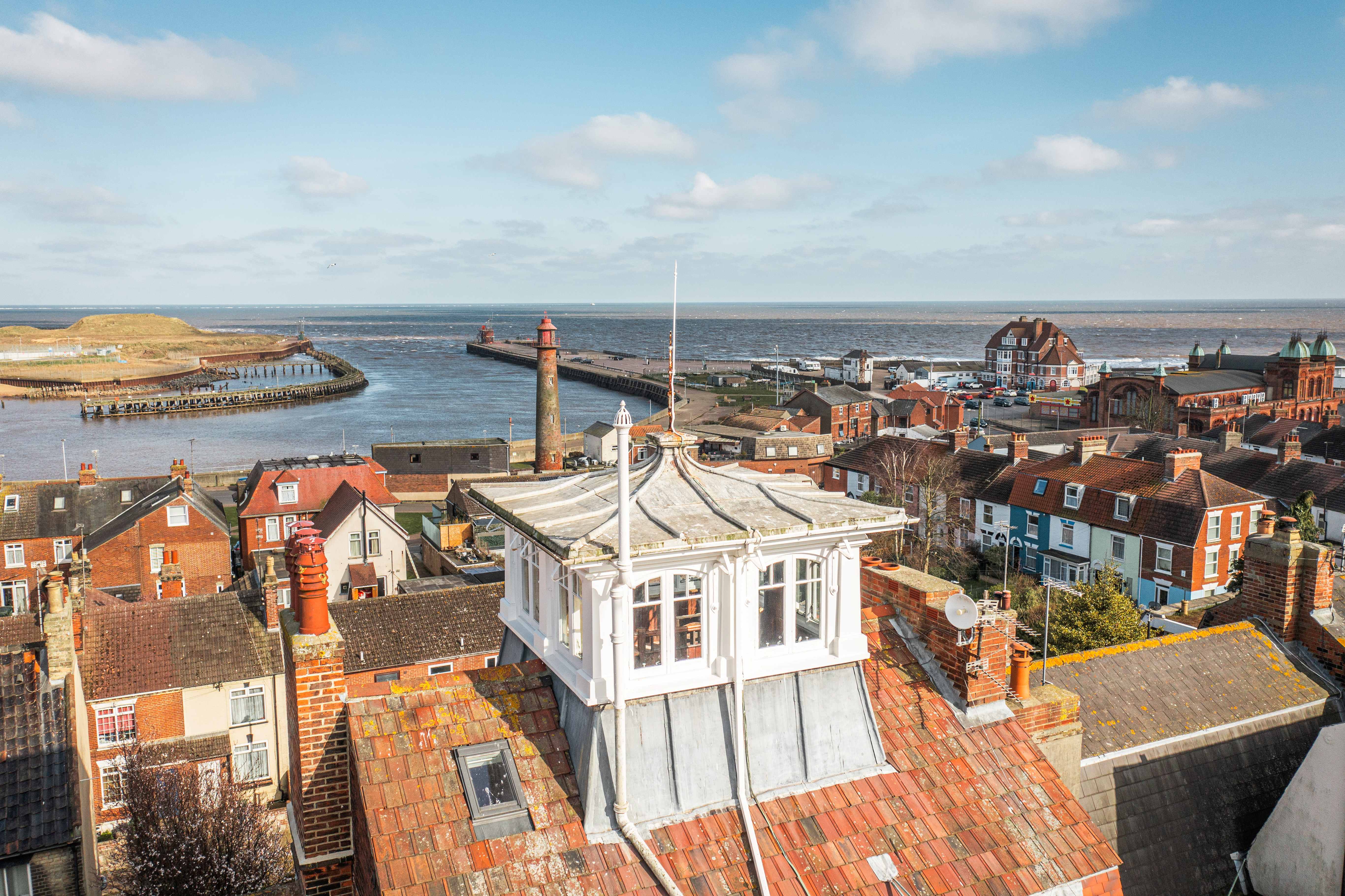 Sip tea and laugh at your neighbours in this seaside Norfolk home with a watchtower
Sip tea and laugh at your neighbours in this seaside Norfolk home with a watchtowerOn Cliff Hill in Gorleston, one home is taller than all the others. It could be yours.
By James Fisher Published
-
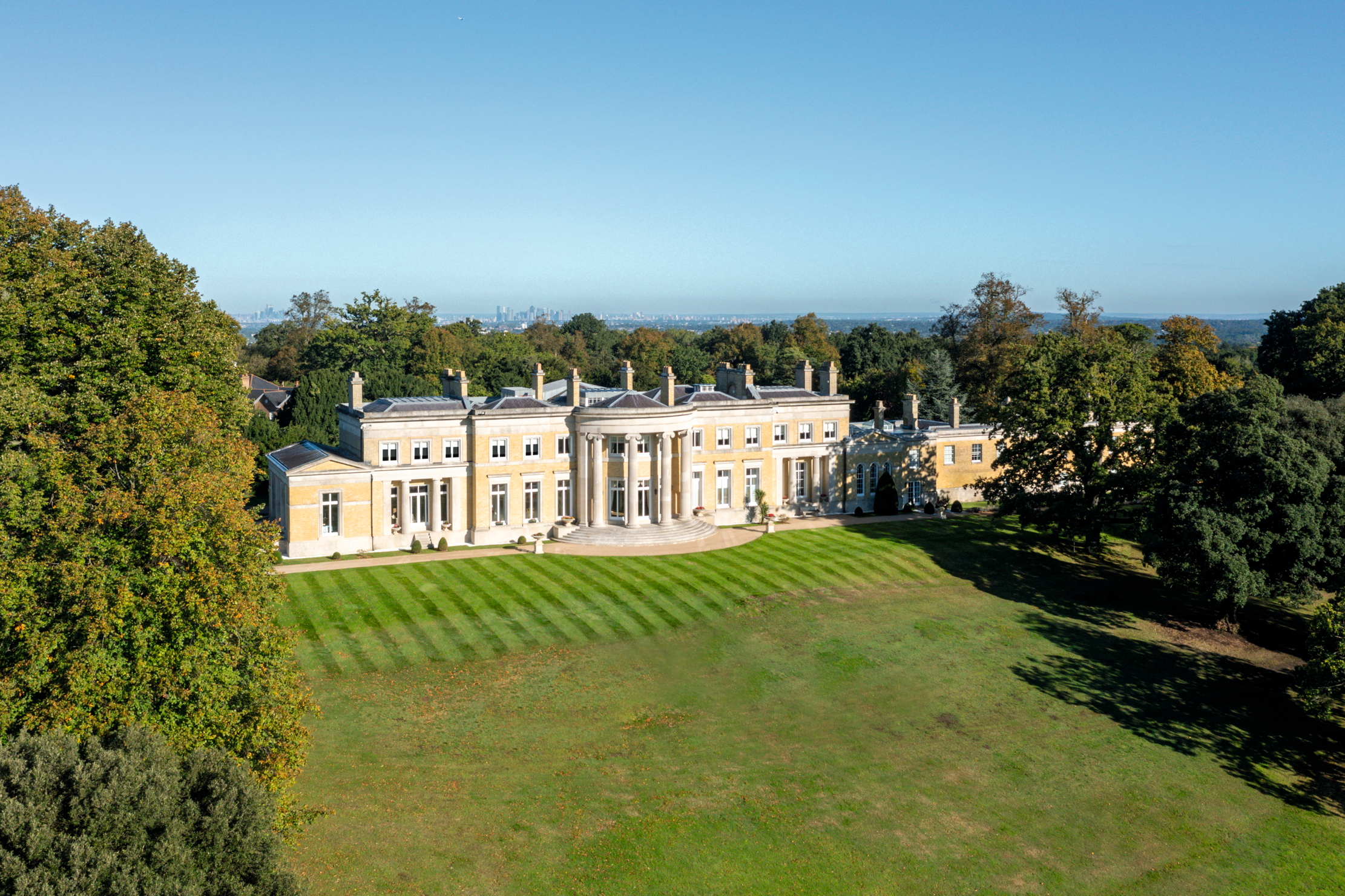 A Grecian masterpiece that might be one of the nation's finest homes comes up for sale in Kent
A Grecian masterpiece that might be one of the nation's finest homes comes up for sale in KentGrade I-listed Holwood House sits in 40 acres of private parkland just 15 miles from central London. It is spectacular.
By Penny Churchill Published
-
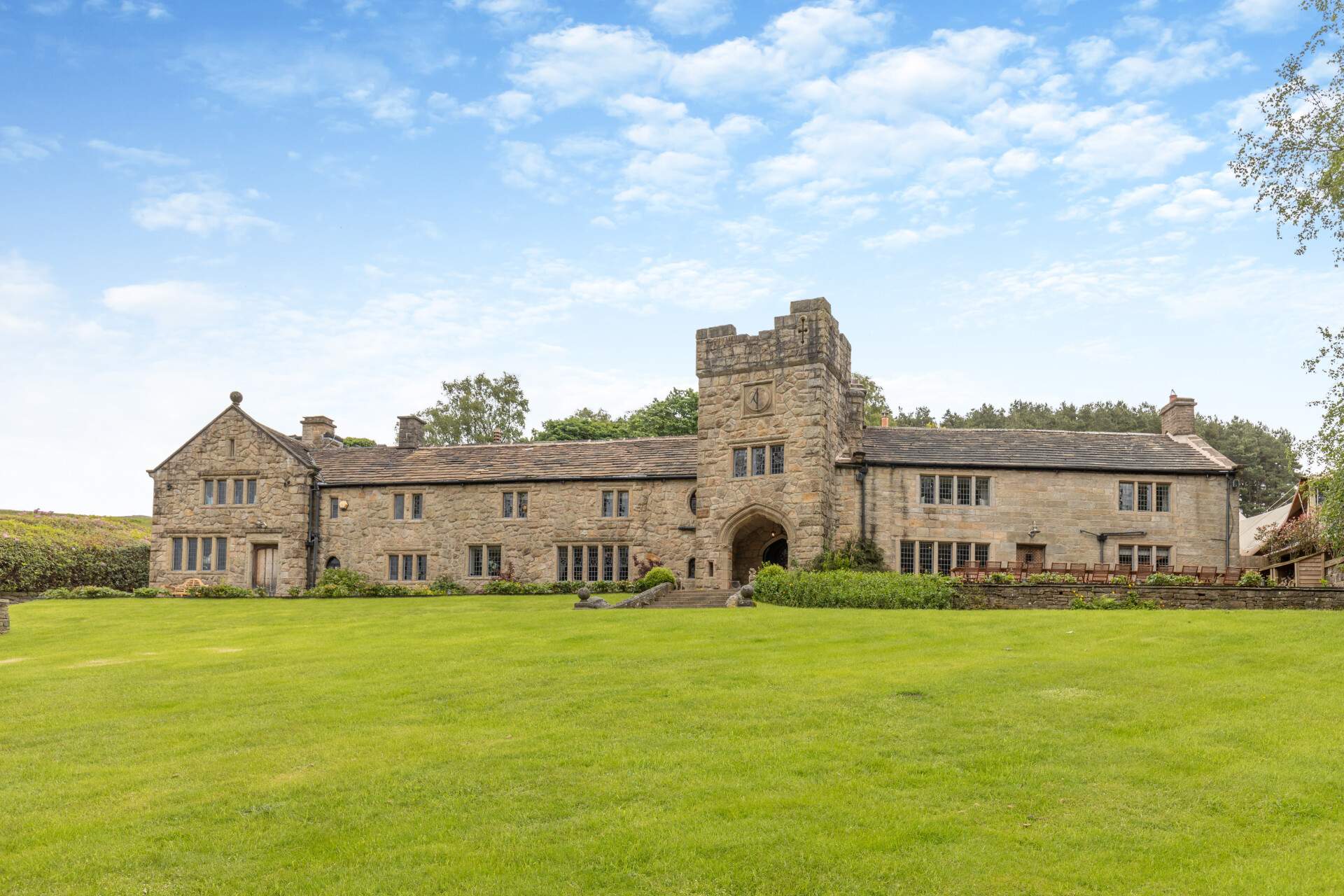 Some of the finest landscapes in the North of England with a 12-bedroom home attached
Some of the finest landscapes in the North of England with a 12-bedroom home attachedUpper House in Derbyshire shows why the Kinder landscape was worth fighting for.
By James Fisher Published
-
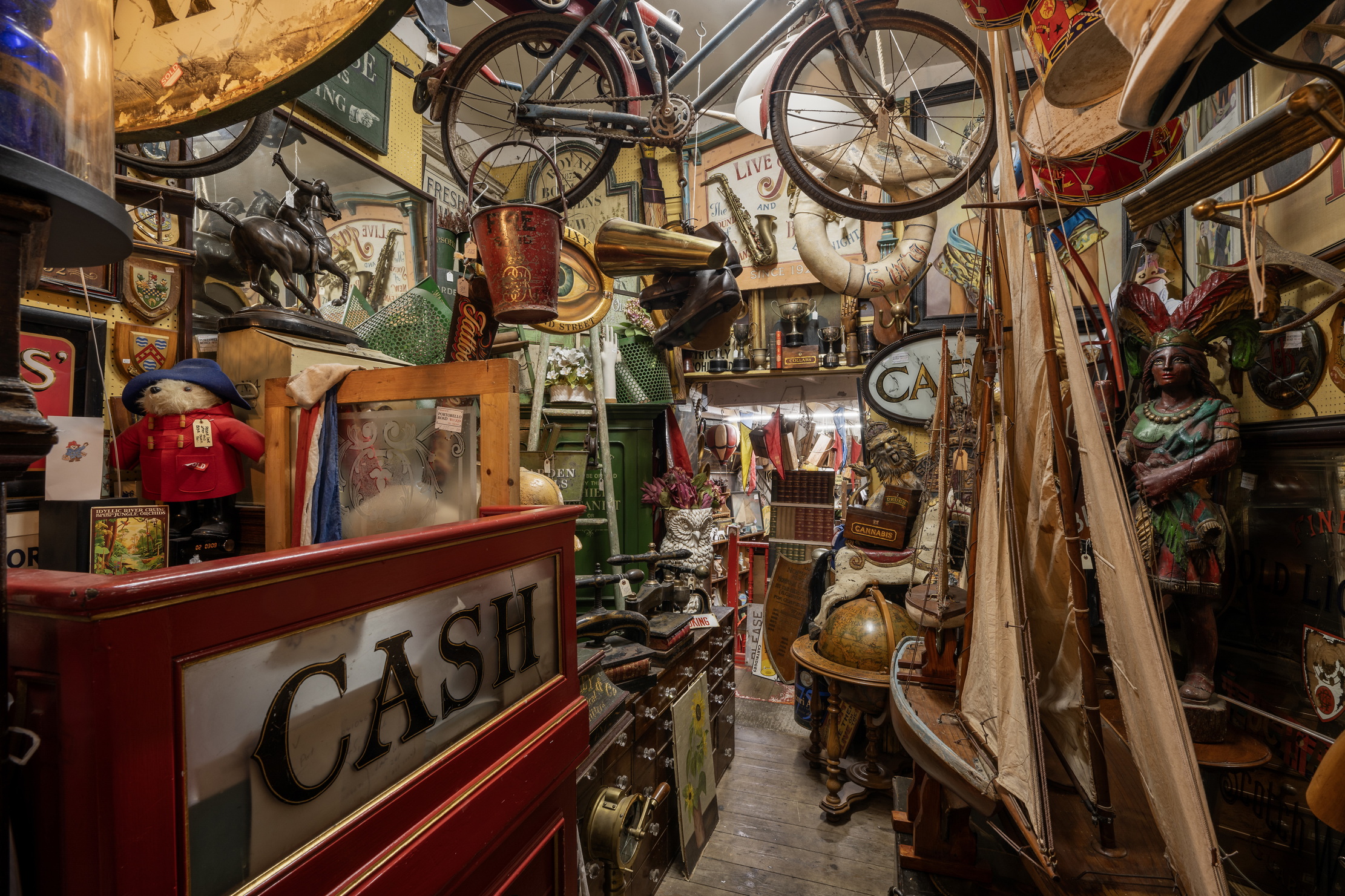 Could Gruber's Antiques from Paddington 2 be your new Notting Hill home?
Could Gruber's Antiques from Paddington 2 be your new Notting Hill home?It was the home of Mr Gruber and his antiques in the film, but in the real world, Alice's Antiques could be yours.
By James Fisher Published
-
 What should 1.5 million new homes look like?
What should 1.5 million new homes look like?The King's recent visit to Nansledan with the Prime Minister gives us a clue as to Labour's plans, but what are the benefits of traditional architecture? And can they solve a housing crisis?
By Lucy Denton Published
-
 Welcome to the modern party barn, where disco balls are 'non-negotiable'
Welcome to the modern party barn, where disco balls are 'non-negotiable'A party barn is the ultimate good-time utopia, devoid of the toil of a home gym or the practicalities of a home office. Modern efforts are a world away from the draughty, hay-bales-and-a-hi-fi set-up of yesteryear.
By Madeleine Silver Published
